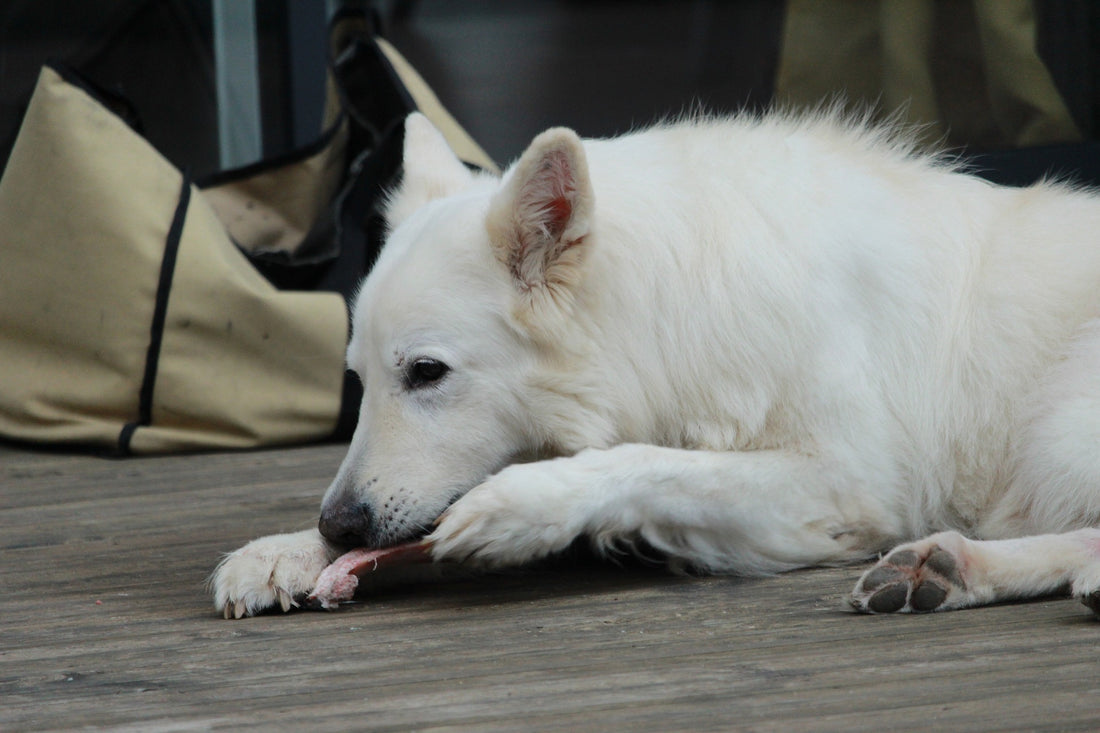
Protein plays a crucial role in your dog's diet, serving as the building blocks for healthy muscles, organs, and tissues. Understanding the importance of protein and how to incorporate it into your dog's diet is essential for their overall health and wellbeing.
Why Protein Matters for Dogs
Protein is essential for dogs of all ages and breeds, supporting various bodily functions:
- Muscle Development: Protein provides the necessary amino acids for muscle growth and repair, especially important for active and growing dogs.
- Immune Function: Adequate protein intake supports a strong immune system, helping your dog fight off infections and diseases.
- Skin and Coat Health: Protein contributes to healthy skin and a shiny coat, reducing the risk of dryness, itching, and dullness.
- Energy Production: Protein serves as a source of energy for dogs, helping them stay active, alert, and playful.
Sources of Protein for Dogs
When selecting protein sources for your dog's diet, opt for high-quality, easily digestible options:
- Meat: Lean meats such as chicken, turkey, beef, and lamb are excellent sources of protein. Look for meats with minimal fat content to prevent weight gain.
- Fish: Fish, such as salmon and tuna, are rich in omega-3 fatty acids and protein, benefiting your dog's skin, coat, and overall health.
- Eggs: Eggs are a complete protein source, providing essential amino acids, vitamins, and minerals. Serve eggs cooked and without seasoning.
- Dairy: Dairy products like cottage cheese and Greek yogurt are rich in protein and calcium. However, some dogs may be lactose intolerant, so monitor their reaction.
- Plant-Based Proteins: While dogs primarily thrive on animal-based protein, plant-based sources like lentils, chickpeas, and quinoa can supplement their diet.
How Much Protein Does Your Dog Need?
The amount of protein your dog requires depends on factors such as age, size, activity level, and health status. Consult with your veterinarian to determine the appropriate protein intake for your furry friend.
Tips for Incorporating Protein into Your Dog's Diet
Ensure your dog receives adequate protein by following these tips:
- Choose high-quality commercial dog foods with protein listed as the primary ingredient.
- Supplement your dog's diet with protein-rich treats, such as freeze-dried meat or jerky.
- Consider rotational feeding, offering a variety of protein sources to prevent food sensitivities and boredom.
- Monitor your dog's weight and adjust their protein intake accordingly to maintain a healthy body condition.
By understanding the role of protein in your dog's diet and providing them with high-quality protein sources, you can support their overall health and vitality.
